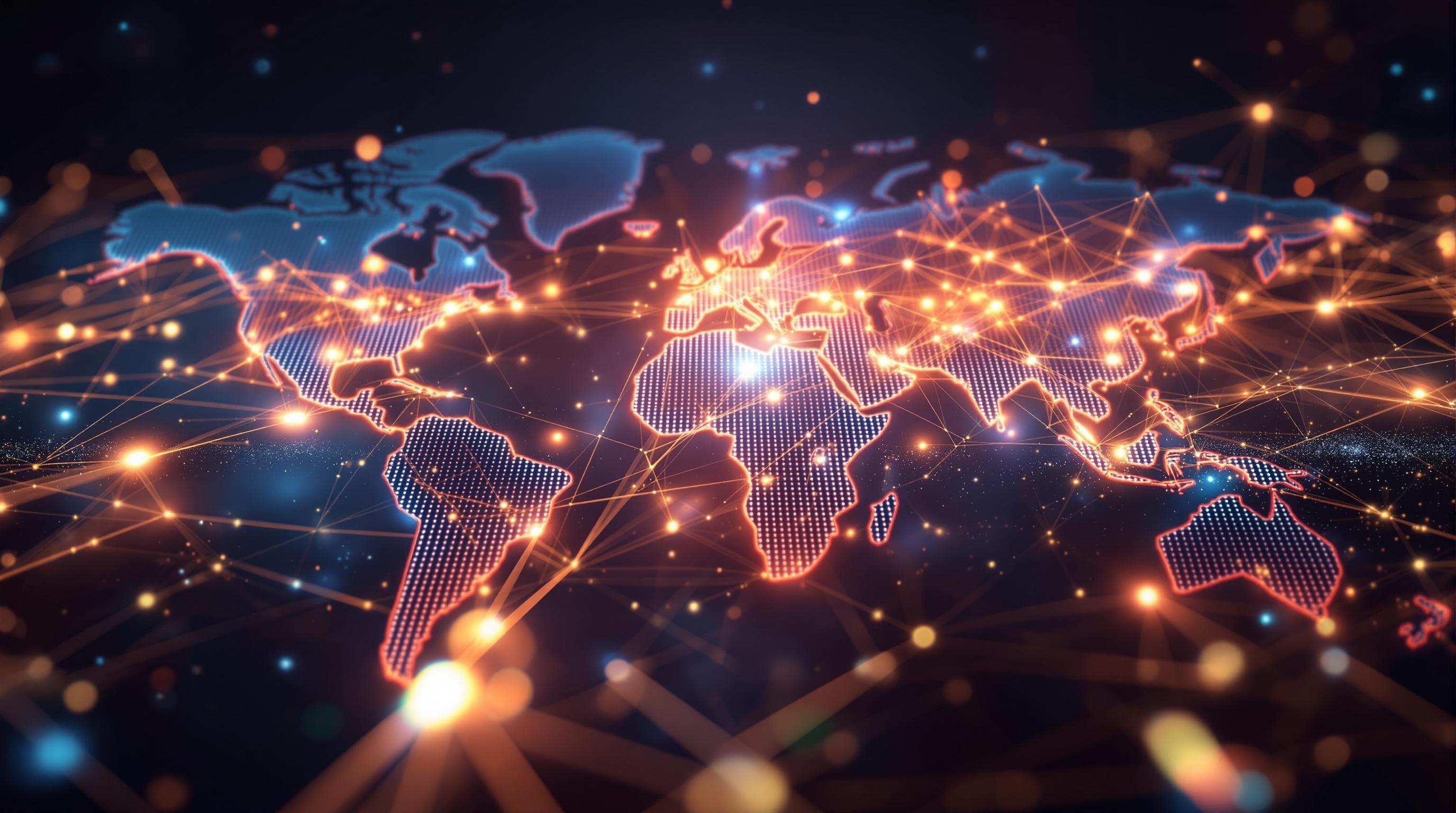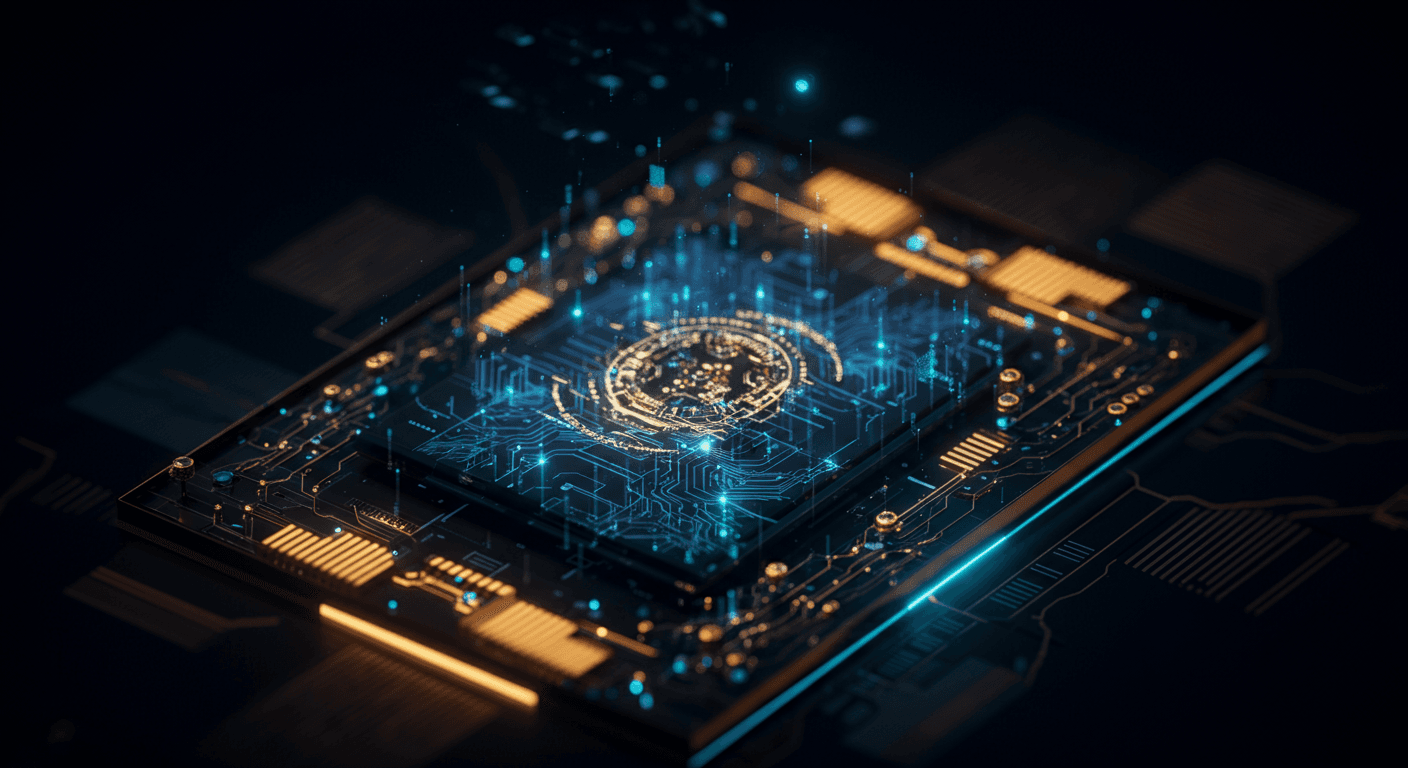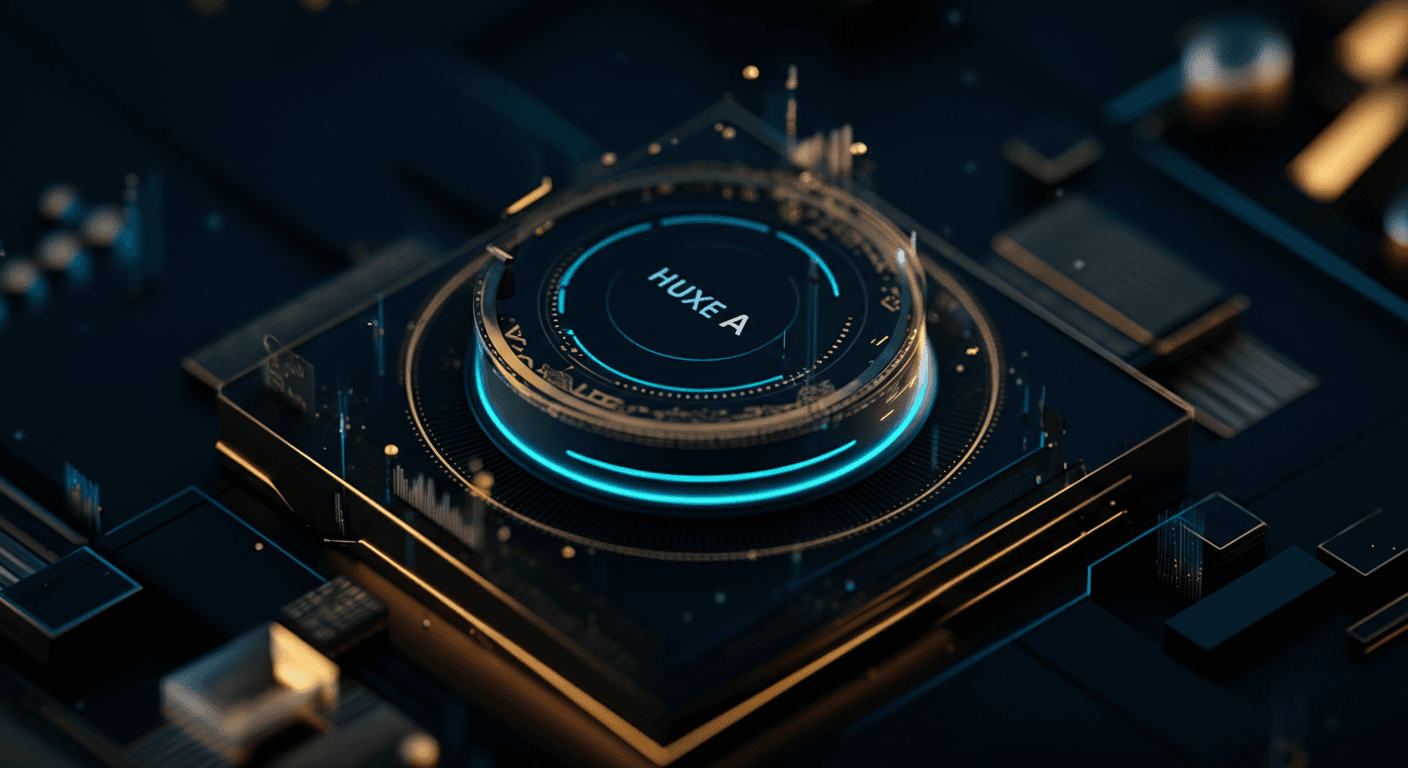AI Revolution: OpenAI's Browser, Nvidia's $4 Trillion, and the Future of AI - July 2025## OpenAI's Browser: Challenging Google's Chrome with AI

OpenAI is set to revolutionize web browsing with its AI-powered web browser, directly challenging Google Chrome's dominance. More than just another browser, this new tool aims to redefine the web experience through seamless artificial intelligence integration. Imagine interacting with the internet via a ChatGPT-like interface, where AI anticipates your needs and streamlines your online activities. Given that ChatGPT boasts 400 million weekly active users, the potential impact of an AI-driven browser is substantial.
This innovation could significantly impact Google's advertising revenue. A browser that curates and filters information has the power to alter how users encounter online advertisements. Built on Chromium, the same open-source foundation as Chrome, the OpenAI browser will feature deep integration with OpenAI's AI agent products. Reinforcing its AI ambitions, OpenAI recently acquired io, an AI devices startup, for $6.5 billion.

Nvidia Achieves Historic $4 Trillion Market Cap: The AI Chip Giant
Fueled by relentless demand for AI infrastructure, Nvidia has achieved a historic $4 trillion market capitalization, briefly becoming the world's most valuable company. The company's stock price has surged to $164 per share, reflecting a staggering 1,500% increase in market value over the past five years, underscoring its dominance in the AI chip market.
Nvidia's financial performance mirrors this exponential growth. In 2024, revenue reached $130.50 billion, marking a remarkable 114.20% year-over-year increase. Despite facing chip export restrictions, especially concerning sales to China, Nvidia continues to thrive. It's important to note, however, that these restrictions resulted in an estimated $8 billion loss in potential sales.
Gartner Forecasts $644 Billion in Global AI Spending: The AI Investment Boom
Gartner projects global generative AI spending to reach an astounding $644 billion in 2025. This forecast represents a 76.4% increase from 2024, highlighting the massive investment surge in the AI sector.

Hardware is expected to lead AI expenditures, accounting for 80% of the total investment.
Specifically, devices are projected to account for $398.3 billion (a 99.5% growth), while servers are expected to reach $180.6 billion (a 33.1% growth). Interestingly, Gartner also suggests that expectations for GenAI's capabilities are moderating due to high failure rates, indicating a more measured approach to implementation. Nevertheless, AI-optimized servers are poised to make a substantial impact, with spending expected to double that of traditional servers, reaching $202 billion.
Meta's AI Talent Acquisition Spree: Poaching Experts from Top Tech Companies
Meta is aggressively pursuing top AI talent, intensifying its recruitment efforts and poaching experts from rival companies like OpenAI, Apple, and Google. A prime example is the recruitment of Ruoming Pang, a distinguished software engineer from Apple, with a lucrative multi-million dollar compensation package.
Reportedly, Meta has hired at least nine researchers from OpenAI, as well as others from Google DeepMind and Amazon-backed Anthropic. These new hires will join Meta's Superintelligence Labs, led by Alexandr Wang. However, this aggressive recruitment strategy has drawn criticism, with OpenAI's Sam Altman cautioning about potential cultural challenges within Meta.
Microsoft's AI-Driven Workforce Transformation: Savings and Job Cuts
Microsoft is undergoing a significant workforce transformation driven by the integration of AI. The company plans to eliminate 9,000 jobs while simultaneously reporting $500 million in AI-related savings. These savings stem from AI tools that boost productivity across departments such as sales, customer service, and software engineering. Impressively, AI now generates 35% of the code for new Microsoft offerings.
Alongside these cost-cutting measures, Microsoft is committing $4 billion over five years to support schools and nonprofits with AI tools, reinforcing its investment in the future of AI accessibility.
AI Regulatory Landscape: EU Stands Firm, US Preserves State Protections
The global AI regulatory landscape continues to evolve, with the European Union maintaining its stringent stance on AI governance. The EU's comprehensive AI Act aims to set a global standard for responsible AI development and deployment. Meanwhile, in the United States, efforts to establish a unified federal AI law remain stalled, leaving individual states to enact their own protections and regulations. This fragmented approach could create compliance complexities for businesses operating across state lines. The ongoing debate centers around balancing innovation with ethical considerations, data privacy, and consumer protection. For more in-depth information, refer to our guide on the future of AI regulation.

China's AI Strategy and US Scrutiny: Ideology, Partnerships, and Data Centers
China's aggressive pursuit of AI dominance continues to draw scrutiny from the United States. Concerns revolve around the integration of AI with ideological control, the potential for misuse of AI technologies, and the strategic partnerships forged by Chinese AI companies. The construction of massive data centers to fuel AI development is also raising eyebrows, with questions about data privacy and security at the forefront. The US government is closely monitoring these developments, weighing potential restrictions and countermeasures to safeguard its own AI interests and national security.
Consumer AI: Samsung, Apple, and Amazon Lead the Way
Consumer AI is rapidly transforming everyday life, with Samsung, Apple, and Amazon leading the charge. From AI-powered smartphones and smart home devices to personalized recommendations and virtual assistants, these tech giants are embedding AI into their products and services to enhance user experiences. Samsung continues to push the boundaries of AI in mobile devices, while Apple focuses on seamless AI integration across its ecosystem. Amazon's Alexa remains a dominant force in the smart home market, constantly evolving with new AI capabilities. As AI becomes more pervasive, consumers can expect even more intelligent and intuitive devices that simplify and enrich their daily routines.
🎧 Listen to the Podcast
Hear us discuss this topic in more detail on our latest podcast episode: https://creators.spotify.com/pod/show/bestaitools/episodes/Daily-AI-News-Roundup--July-10--2025-OpenAI-Meta-AI-Nvidia-US-Markets-e35c5i5
Keywords: AI, Artificial Intelligence, OpenAI, Nvidia, Generative AI, AI spending, AI talent, AI regulation, AI chips, AI market, OpenAI browser, Nvidia market cap, Meta AI talent acquisition, Microsoft AI workforce, Global AI spending forecast
Hashtags: #AI #ArtificialIntelligence #TechNews #OpenAI #Nvidia
For more AI insights and tool reviews, visit our website www.best-ai-tools.org, and follow us on our social media channels!
X (Twitter): https://x.com/bitautor36935Instagram: https://www.instagram.com/bestaitoolsorg/Facebook: https://www.facebook.com/profile.php?id=61577063078524LinkedIn: https://www.linkedin.com/company/best-ai-tools-orgYouTube: https://www.youtube.com/@BitAutorMedium: https://medium.com/@bitautor.deTelegram: https://t.me/+CxjZuXLf9OEzNjMyReddit: https://www.reddit.com/r/BestAIToolsORG/
Recommended AI tools
ChatGPT
Conversational AI
AI research, productivity, and conversation—smarter thinking, deeper insights.
Google Gemini
Conversational AI
Your everyday Google AI assistant for creativity, research, and productivity
Suno AI
Music Generation
Empowering Your Data with AI
Notebook LLM
Productivity & Collaboration
Turn complexity into clarity with your AI-powered research and thinking partner
Claude
Conversational AI
Your trusted AI collaborator for coding, research, productivity, and enterprise challenges
AutoGPT
Productivity & Collaboration
Build, deploy, and manage autonomous AI agents—automate anything, effortlessly.
Was this article helpful?
Found outdated info or have suggestions? Let us know!


